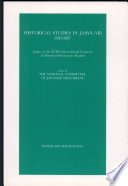 | 1990 - 372 頁
...set the tone for Japan's modernization. According to this official, the statement in the Constitution that “The Emperor shall be the symbol of the State and of the unity of the people” means that “the emperor symbolizes the state's independence . . . and the unity of the ruler and... | |
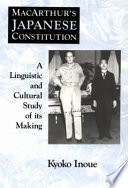 | Kyoko Inoue - 1991 - 404 頁
...sovereignty of the people's will and do ordain and establish this Constitution, . . and Article 1 stated, The Emperor shall be the symbol of the State and of the Unity of the People, deriving his position from the sovereign will of the People, and from no other source. The Japanese... | |
 | Joshua Muravchik - 1992 - 284 頁
...in theMeiji constitution of 1889 and inimmemorialJapanese understanding—and declares him instead “the symbol of the State and of the unity of the people, deriving his position from the will of the people with whom resides sovereign power.” 2' The artides... | |
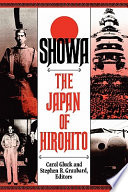 | Carol Gluck - 1992 - 396 頁
...content with the so-called symbolic emperor system, by which the emperor is constitutionally defined as “the symbol of the state and of the unity of the people.”¿ Young Japanese cared little for imperial doings, except to be “a part of history” and sign the... | |
 | Ian Reader, Esben Andreasen, Finn Stefánsson - 1993 - 290 頁
...accomplish these high ideals and purposes with all our resources. CHAPTER I. THE EMPEROR Article 1. The Emperor shall be the symbol of the State and of the unity of the people, deriving his position from the will of the people with whom resides sovereign power. Article 4. The... | |
 | Annie J. De Roo, Robert W. Jagtenberg, Annie de Roo - 1995 - 204 頁
...the different international views as well. ¿ Art. 1 of the Constitution of Japan reads as follows: “The Emperor shall be the symbol of the State and of the unity of the people, deriving his position from the will of the people with whom resides sovereign power.” 27 See for... | |
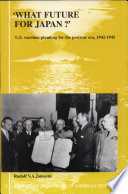 | Rudolf V. A. Janssens - 1995 - 534 頁
...to the specific Japanese context. One of the key issues was the Imperial Institution, which was to be “the symbol of the state and of the unity of the people.” The Emperor was only to have a symbolic role, while the people would have the real power, through their... | |
 | David M. O'Brien - 1996 - 294 頁
...resides with the people,” Article 1 retains a constitutional basis for the emperor system in declaring that “The Emperor shall be the symbol of the State and of the unity of the people, deriving his position from the will of the people with whom resides sovereign power.” That provision,... | |
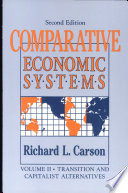 | Richard L. Carson - 1997 - 476 頁
...1, 1946, the emperor renounced his claim to divinity and was described in the 1947 constitution as the “symbol of the state and of the unity of the people,” rather than as the formal head of state. Women received the right to vote for the first time in the... | |
 | J. Victor Koschmann - 1996 - 318 頁
...not “decapitated” symbolically or actually by the Occupation forces but was rather reinvested as the “symbol of the State and of the Unity of the People.” 7 As a result, some Japanese philosophers such as Watsuji TetsurO could argue in the early postwar... | |
| |